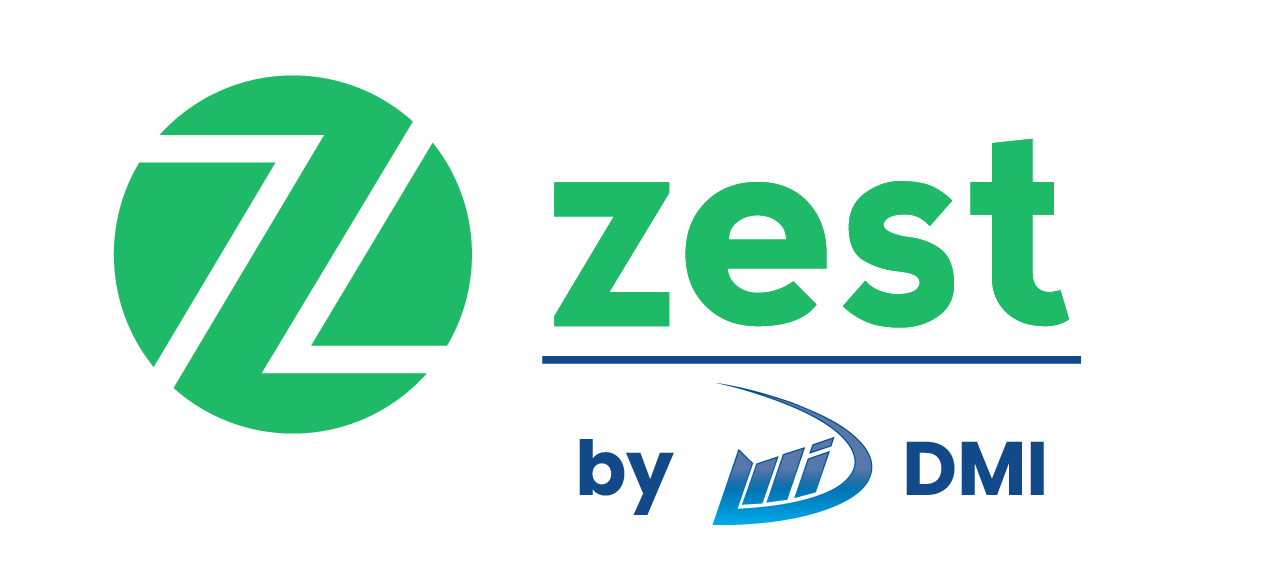
Personal Loan Tax Benefits:
A Detailed Guide
Personal loans are one of the best options to fund a plethora of requirements. Right from home, weddings, medical emergencies or travel, can be funded with an instant personal loan. ‘What is personal loan’ is a very frequently asked question, the answer to which is nothing short of complex. This is so because there are many different facets and sections to understand. One such facet is the personal loan tax benefits.
Personal loan benefits are many, some of them include the ease in availing one, the variety of items and activities it can be used for, flexibility in repayment options, and how it helps you fit your budget and financial needs.
Personal loan tax benefits are also among the myriad benefits of personal loans. By availing a personal loan you are eligible for certain benefits like personal loan tax exemption. To understand the personal loan tax benefits a little more in detail, let us delve a little deeper into the different facets like personal loan income tax, tax rebate on personal loan, personal loan tax exemption for salaried, etc.
What is Tax Exemption on Personal Loans?
To understand personal loan tax exemption, the first question that needs to be answered is ‘what is tax exemption?’. Tax exemption refers to specific transactions or income that are free from taxation be it on a national, state or local level.
The Income Tax of India specifies tax exemption for loans including education loans, home loans, etc. But, under the Act tax rebate on personal loans are not mentioned, that is, personal loan income tax is not deductible.
But, a personal loan tax deduction is possible in certain specified cases. But, before we understand the personal loan tax benefits, let us first try to understand what are tax benefits.
What are Tax Benefits on Personal Loans?
Tax benefits refer to the reduction in the total income that is subject to being taxed. Tax benefits can be in the form of tax exemptions, claiming tax credits, or income reduction on capital losses. Tax deductions examples include Life Insurance premiums, Home loan EMIs, Mutual Funds, and Retirement Plans.
As mentioned before, personal loan tax benefits can be availed only in certain cases. The factor of consideration is the purpose of the loan, i.e., only certain purposes of personal loans qualify for income tax reduction.
Cases in which Personal Loan Tax Benefits can be availed
As mentioned before, the Income Tax Act of India does not specify tax benefits or rebates on personal loans. But, there are certain situations where tax benefits on a personal loan can be availed. There are three different situations in which one can qualify for tax rebates and deductions. Let us now delve into these individual situations in detail.
1. Construction of Residential Property
The first case where a personal loan income tax deduction can be valid is if the loan is availed for the construction of a residential property. Not just the construction, it can also be the purchase or investment of a residential property.
Under Section 24 of the Income Tax Act, the interest levied on the personal loan can be claimed as an expense. The interest on the loan amount is deducted as Net Annual Value income of the property. One of the conditions for availing this personal loan tax benefit is that the occupier or owner of the property must be the borrower of the loan. Up to Rs. 2,00,000 is deductible on personal loans taken for the construction or purchase of a residential property. This is also valid for home renovation projects.
2. For Purchasing Assets
If the personal loan is taken for purchasing assets like stocks, non-residential properties, jewellery, shares, etc. you are eligible for a tax rebate on personal loans. Personal loan tax benefits for purchasing assets can only be availed during the time of resale of the asset. That is, the interest amount on the loan will be added to the cost of acquisition. So, the capital gains on the asset are reduced at the year of resale of the property, which in turn reduces the capital gains tax liability on the same.
3. For Business Purposes
Personal loan tax exemption is allowed if the loan amount is used for investing in the business. Incorporated businesses or otherwise, small businesses, etc are eligible for personal loans. The interest on the principal amount is claimed as an expense. The interest amount is reduced from the net profit of the business which in turn reduces the total tax liability. Also, there is no limit on the total amount that can be considered an expense.
Things to keep in mind about Personal Loan Tax Benefits:
Personal loans are not considered as a part of your income. Hence, no tax is charged on the amount of the loan and you do not have to declare them for income tax purposes. There should be proof of the purpose of the personal loan availed. Without enough proof of the purpose of the loan, one cannot unlock the personal loan tax benefits.
Finally, accurate documentation of the interest accrued, principal amount, and amount to be repaid, must be kept to be eligible for a tax rebate on personal loan.
So, these are the three different situations where personal loan tax benefits can be utilised and the things to be considered while availing the same. Hence, although personal loan tax deduction is not allowed, in the three above-mentioned scenarios, tax benefits on personal loans are allowed.
